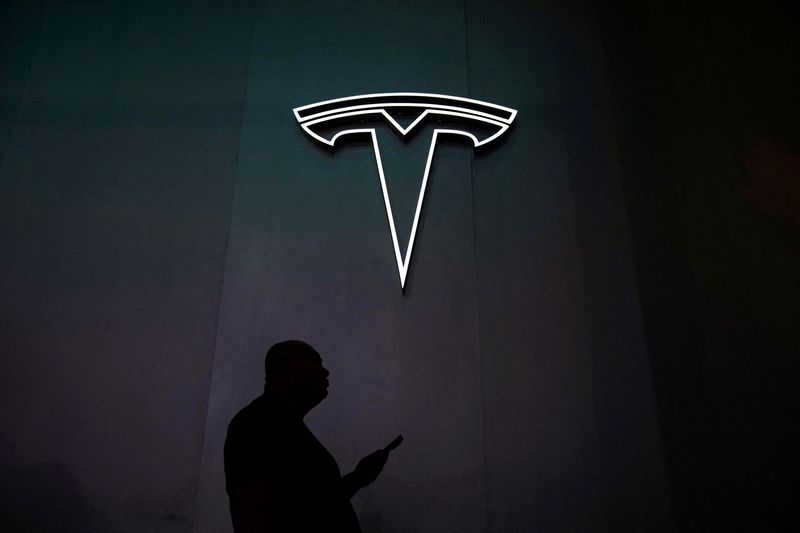Investment bank Jefferies hosted a panel for Tesla’s upcoming annual shareholder meeting, where participants, among other things, outlined potential scenarios that could lead to Elon Musk increasing his stake in the electric vehicle (EV) giant.
According to a legal expert, the CEO of Tesla (NASDAQ:) could get a stake of up to 25%.
One key component of this opportunity revolves around an ongoing court case in Delaware regarding Musk’s 2018 compensation package. Chancellor McCormick’s (NYSE:) decision, which requires the entire package of measures to be reversed, is still unresolved.
“The vote at the annual general meeting will not end business in Delaware. Chancellor McCormick’s ruling that the entire 2018 pay package must be waived remains in effect,” Jefferies analysts said in a note.
The case is built on four main points: Musk’s role as a controlling shareholder despite only owning 12.9% of the shares, a compromised compensation committee, misinformation provided to shareholders, and Tesla’s burden of proof to justify the compensation package.
Tesla and Musk have not yet filed an appeal in the Delaware Supreme Court. If Chancellor McCormick issues an order consistent with her original opinion, Tesla and Musk could challenge the meaning of the shareholder vote in the Supreme Court, potentially delaying the resolution’s passage by up to a year. In the meantime, options in the company’s treasury could be used for future employee stock-based awards if they are not vested in Musk.
Setting the compensation package would require a new process involving a fully independent compensation committee and would likely involve retrospective payment, the legal expert noted.
They also believe that there is a possibility that Musk will file a separate claim against Tesla for compensation for services rendered, which could be settled more simply. However, this agreement, in turn, “may be challenged.”
An independent compensation committee following its intended process could make a reasonable case for Musk’s stake to be restored, the legal expert said.
“A dual class/voting share structure is difficult to implement retrospectively in a public company, but can be implemented, for example, as part of a recapitalization or acquisition,” they emphasized.
“This would be considered a ‘conflict transaction’, which itself would likely be subject to legal action from other shareholders.”
Moreover, Tesla’s move to Texas will likely continue. Texas corporate law, which is still in its early stages of development, could facilitate Musk’s efforts to regain his stake if the procedures are designed favorably. While Musk won’t vote on compensation, he could influence the vote on the Texas move during the annual meeting.


